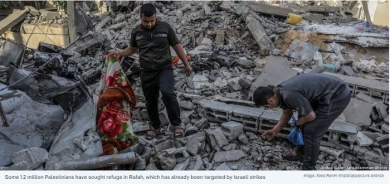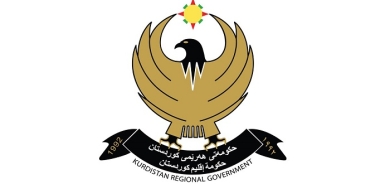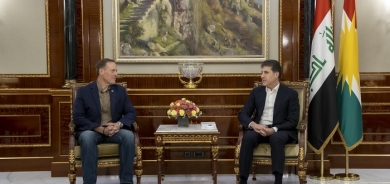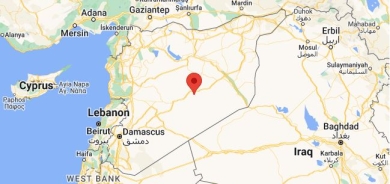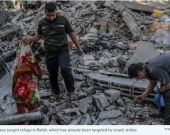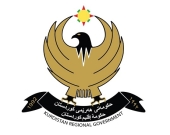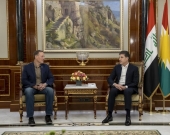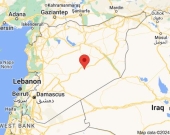Iraqi Parliament Delays Vote on Financial Budget Law, Heightening Political Uncertainty
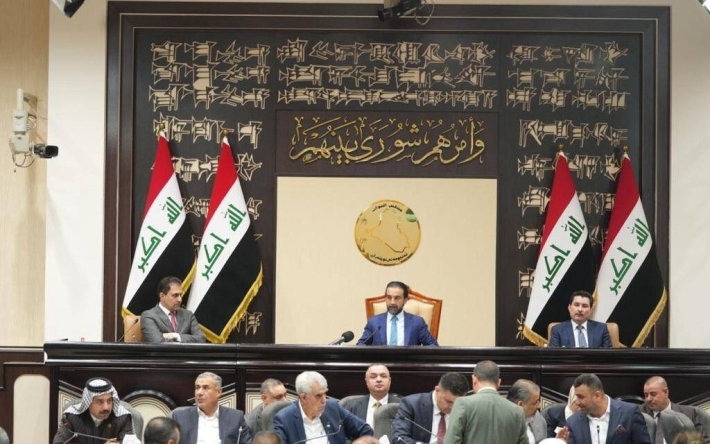
In a move that exacerbates political uncertainty in Iraq, the Iraqi Parliament, also known as the Council of Representatives, has decided to postpone the voting session on the draft of the financial budget law.
The decision was announced on Thursday by the parliamentary media department, which stated that the session has been rescheduled for 8 PM.
Initially, the voting session was scheduled for 1 PM today, according to the parliamentary media department. However, reports indicate that the draft budget law has not been fully completed, read, or voted upon, leading to its delayed submission to the Parliament's presidency.
The voting on the federal general budget law has faced repeated postponements due to ongoing disputes and conflicts among the country's political blocs. Despite receiving approval from the Iraqi Cabinet in mid-March, the draft budget law for the years 2023, 2024, and 2025 has not yet been passed, highlighting the unresolved disagreements among political parties.
The absence of a new government following the political crisis in the country has resulted in the previous government, led by Prime Minister Mustafa Al-Kadhimi, serving as a caretaker government. Consequently, the government was unable to present a budget for the year 2022. As a consequence, the current year's budget is expected to be the largest in Iraq's history, described as "historic."
Estimates suggest that the budget is projected to exceed $150 billion, making it the largest ever. The budget benefits from the current financial surplus generated by oil sales, which account for over 95% of Iraq's financial revenues.
The postponement of the budget vote further exacerbates the political uncertainty in Iraq, leaving the country without a clear fiscal roadmap for the coming years. The ongoing disagreements among political factions continue to hinder progress in approving vital legislation, including the budget, which is essential for the functioning of government institutions and the implementation of development projects.
The Iraqi people, who have been eagerly awaiting the passage of the budget, now face an extended period of uncertainty, as the delays in approving the budget prolong the challenges faced by the country, including the provision of essential services, infrastructure development, and economic stability.
The Iraqi Parliament's decision to postpone the budget vote highlights the pressing need for political consensus and cooperation among the various political factions to address the country's challenges and move forward with essential legislative processes. The coming days are crucial as political leaders work towards resolving their differences and reaching an agreement on the budget to provide stability and meet the needs of the Iraqi people.

